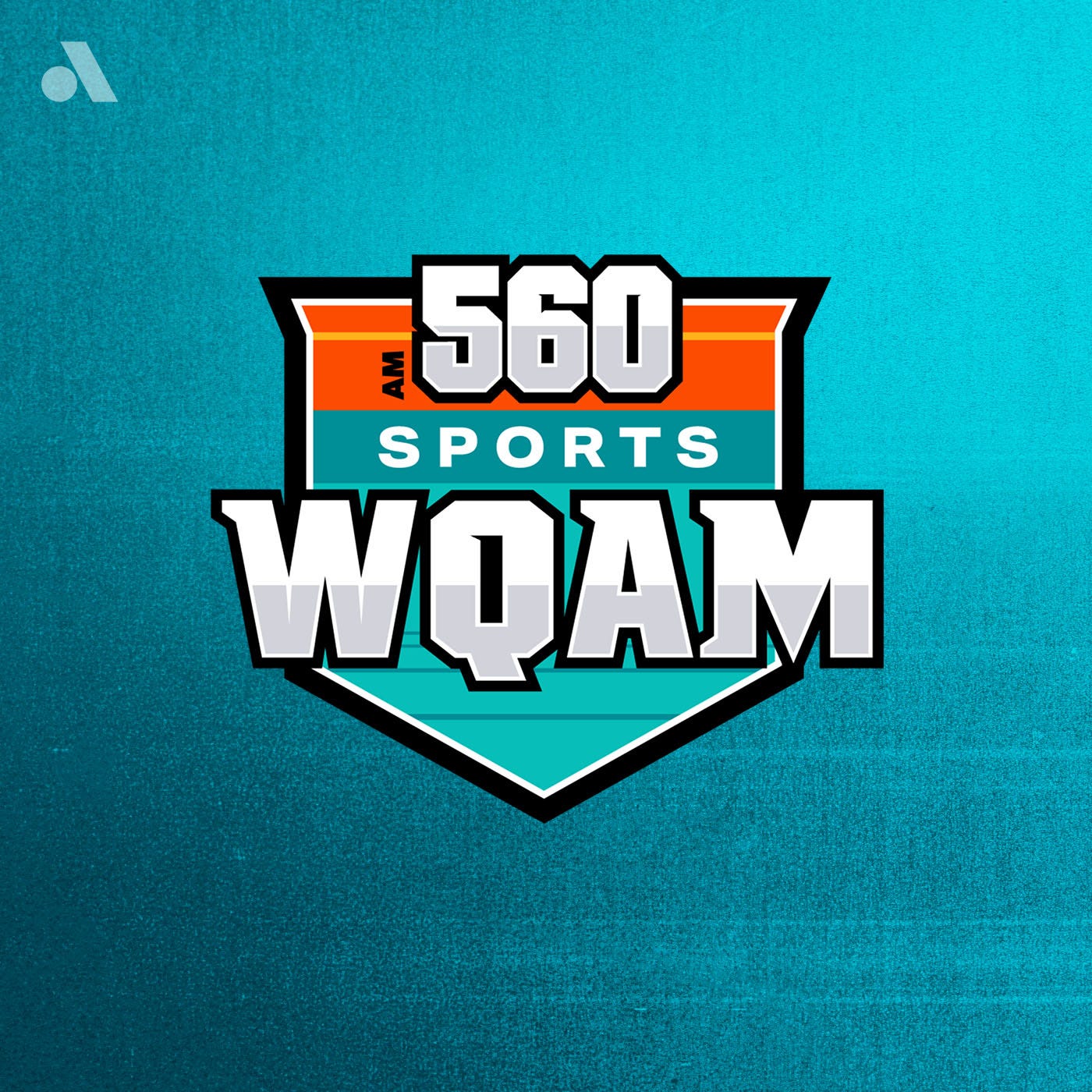The University of Miami women's basketball program has been punished by the NCAA in the body's first ever case of infractions related to the landmark name, image and likeness program.
Hurricanes coach Katie Meier was suspended for three games, which she served at the outset of this season, for her role in facilitating improper contact with, and benefits from, a prominent Miami booster in relation to the recruitment of twin sisters Haley and Hanna Cavinder last offseason.
The program has also been put on probation for one year, fined $5,000, and had the usual allotment of recruiting days, visits and contacts docked.
While officially a recruiting violation, the penalty has potential ramifications for NIL, which was launched in July 2021 as a means for student-athletes to earn income, primarily in sponsorship deals.
The Cavinder twins combine for millions of followers on their social media channels, where they promote athletic gear, food and beauty products, in addition to posting about their daily lives, fashion, and dancing videos. In 2021, when NIL first went into effect, they signed endorsement deals with Boost Mobile and Six Star Pro Nutrition.
The infraction case centers on the Cavinders' April 2022 meeting with John Ruiz, a Miami businessman and UM megabooster. Ruiz hosted the Cavinders -- while they were still in the transfer portal -- and their parents for a meal and posted about it on social media, about a week before the sisters officially committed to the Hurricanes.
According to Pat Forde and Ross Dellenger of Sports Illustrated, the meeting was in violation of "several" NCAA rules regarding recruiting.
The NCAA describes it as “impermissible contact,” and the chef-prepared dinner provided by Ruiz is classified as a recruiting “inducement.” Though these rules have become murky since the NIL era launched on July 1, 2021, boosters are prohibited from associating with prospects or providing them improper benefits. That’s a point the committee wanted to make—the NCAA is still in the business of rules enforcement even in the changing landscape of player compensation from boosters.
According to The Associated Press, the Cavinders told the NCAA that the meeting with Ruiz had no impact on their decision to attend Miami, though they are among the athletes who have endorsed "at least one of Ruiz's business interests."
The Cavinders, however, are not facing NCAA sanctions, apparently in keeping with the body's pledge to police schools and boosters.
Haley is the team's leading scorer at 12.9 points per game, on 41% shooting from deep and 92% from the line. Hanna is averaging 3.7 points in 17 minutes per game.
Meanwhile, the NCAA seemed to suggest it would have preferred to pursue harsher penalties against Ruiz, specifically that Miami drop him as a booster, but instead has allowed the relationship to continue because of the school's self-imposed penalties and the negotiated settlement.
“Boosters are involved with prospects and student-athletes in ways the NCAA membership has never seen or encountered,” the NCAA said. “In that way, addressing impermissible booster conduct is critical, and the disassociation penalty presents an effective penalty available to the (committee on infractions).

“Although the parties asserted that a disassociation penalty would be inappropriate based on an impermissible meal and an impermissible contact, today’s new NIL-related environment represents a new day."
But the NCAA also warned the disassociation would be on the table for future "NIL-adjacent conduct."
